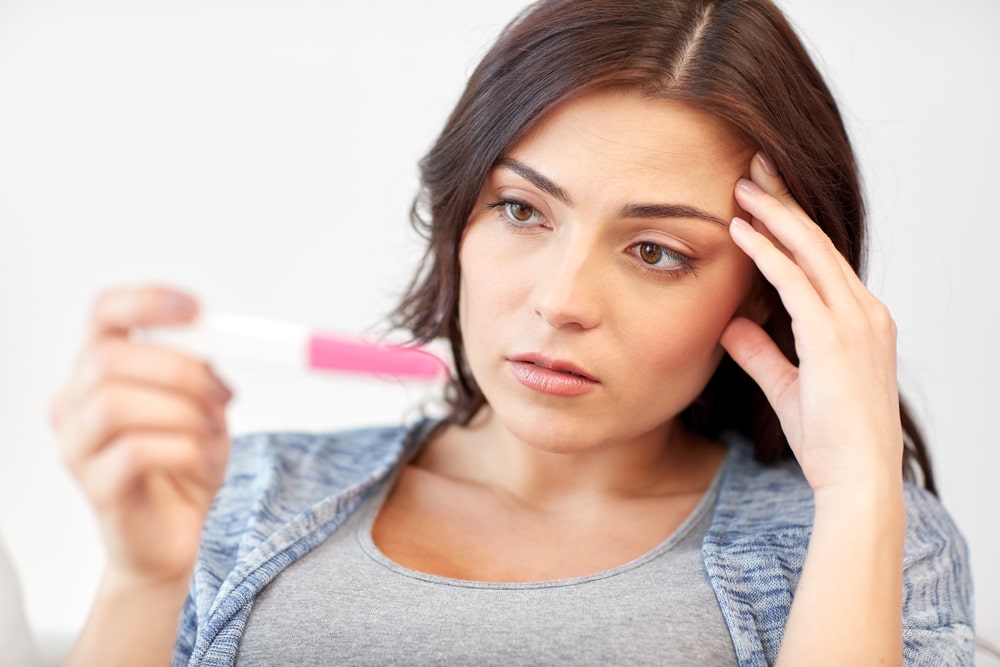Understanding Female Fertility: What Every Woman Should Know

Fertility, it’s a word that carries hope, curiosity, anxiety, and sometimes confusion. For many women, understanding how their bodies work isn’t just about planning for the future, but about gaining control and confidence in the present. Female fertility isn’t a straightforward topic, but it’s far from impossible to understand. Let’s break it down in a simple, human way, no medical jargon, no pressure. Just real information for real women.
What Is Female Fertility, Really?
At its core, fertility is your body’s natural ability to conceive a baby. It’s a complex process involving hormones, ovaries, eggs, fallopian tubes, and your uterus. Sounds like a lot, right? That’s because it is. But all of these parts work together like an orchestra, when everything is in sync, the music (or in this case, potential pregnancy) can happen.
The Menstrual Cycle – Not Just About Periods
Your menstrual cycle isn’t just about bleeding once a month. It’s a biological rhythm that influences when you’re most fertile. Here’s the rough breakdown:
- Follicular phase: This is when your body preps an egg. It starts on Day 1 of your period.
- Ovulation: Around Day 14, your body releases that egg. This is your fertile window.
- Luteal phase: If the egg isn’t fertilised, hormone levels drop, and your period begins again.
Ovulation is key here. If you want to get pregnant, or avoid it, this is the window to watch.
Age Matters, But It’s Not the Only Thing
We’ve all heard the clock is ticking, but let’s not panic. Fertility does generally decline with age, especially after 35. But many women in their late 30s and early 40s conceive naturally. Age is important, yes, but lifestyle, medical conditions, and even stress can play a huge role.
Everyday Things That Can Affect Fertility
Here’s the part that feels a little more personal. Some everyday habits can support or hurt your fertility without you even realising:
- Diet: A balanced diet helps hormone regulation. Think leafy greens, healthy fats, and lean protein.
- Exercise: Great in moderation, but too much can throw your cycle off.
- Stress: Chronic stress can mess with ovulation. Easier said than done, but finding calm matters.
- Sleep: Your body heals and balances hormones while you sleep, don’t skip on rest.
- Alcohol & Smoking: Both have been linked to reduced fertility. It’s worth rethinking these if you’re planning.
Fertility Isn’t Just a Female Topic
Here’s the twist many forget: Fertility is a two-person story. Around 40% of infertility cases involve male factors too. So, if you’re planning to conceive, it’s not just your body you need to consider.
When Should You See a Fertility Specialist?
If you’ve been trying for a year (or 6 months if you’re over 35) with no luck, it’s a good idea to speak with a fertility expert. No shame, no failure, just information and support.
Fertility tests like hormone level checks, ovulation tracking, and ultrasound can help paint a clear picture. Remember, knowledge is power.
Final Thoughts: Your Journey, Your Pace
Female fertility isn’t a race or a deadline. It’s a deeply personal experience that deserves understanding, not judgment. Whether you’re planning a family now or just curious about your body, learning more puts the power in your hands.
Fertility isn’t just about science, it’s about real life, emotions, choices, and timing. And no matter where you are on your journey, you’re not alone.





